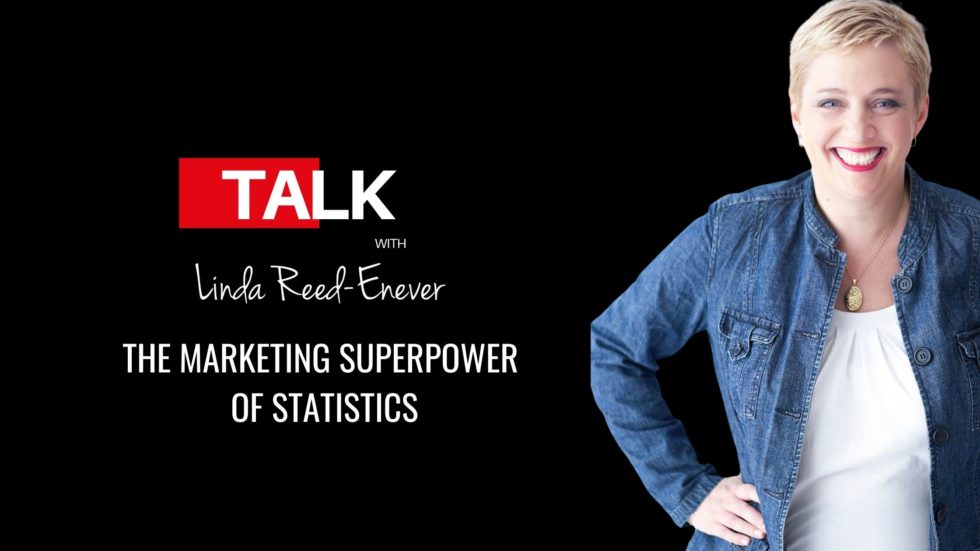Statistics aid marketers and business owners to rely not just on their intuition, but to make informed decisions based on real data analysis.
In PR for example, readers and journalists love stats because statistics gives your writing power and authority no other tool can because they are treated as facts, and facts are real.
Freed of all the squishiness and ambiguity of words, numbers and statistics are powerful pieces of evidence that can effectively strengthen any argument.
However, overdoing it can also have a negative impact. Content that is also just full of only statistics takes away real value for engagement. So we’ve round up a list of best practices for using statistics when making your content.
Best practices for using stats in your writing:
Use authoritative sources
Good research using authoritative sources is one of the easiest ways to build your credibility. When blogging, using Facebook Live or even when creating memes and infographics, seek out relevant, timely information from a reliable source.
These sources include reputable news outlets, government websites and industry bodies.
Make sure statistics are timely
Relevant, timely statistics are a great way of adding weight to any argument or theory you propose in your content. Again these can be derived from reliable sources, such as published studies, government data, industry insights, news sites and more.
When you stumble across a statistic in other people’s content and wish to use it, try to go directly to the source to find the context of what was said, and don’t forget to cite your source.
Fact check
It’s all well and good to reel out reams of facts, stats and research, but it’s also critical to ensure what you publish is accurate and reflected in the right context.
In other words, fact check and link people to the place where the information is coming from so they can also see it for themselves, should they wish.
Citing incorrect or inaccurate data, statistics and facts have the potential to produce the opposite effect of credibility, damaging your reputation as an authoritative source.
Quote when you can
A well-used, well-timed quote can work wonders to increase the authority of your content. For example, this is a great intro to a blog about the value of content, using a seminal quote by Bill Gates…
“Back in 1996 Microsoft founder Bill Gates gazed into the crystal ball of the then-fledgling internet and penned an essay entitled “Content is king.” He kicked off with the bold words: “Content is where I expect much of the real money will be made on the Internet, just as it was in broadcasting.”
Twenty years down the track it’s evident how right he was. Content has become one of the major strategies employed by brands to engage with consumers, highlight their expertise and establish a voice for the brand.









